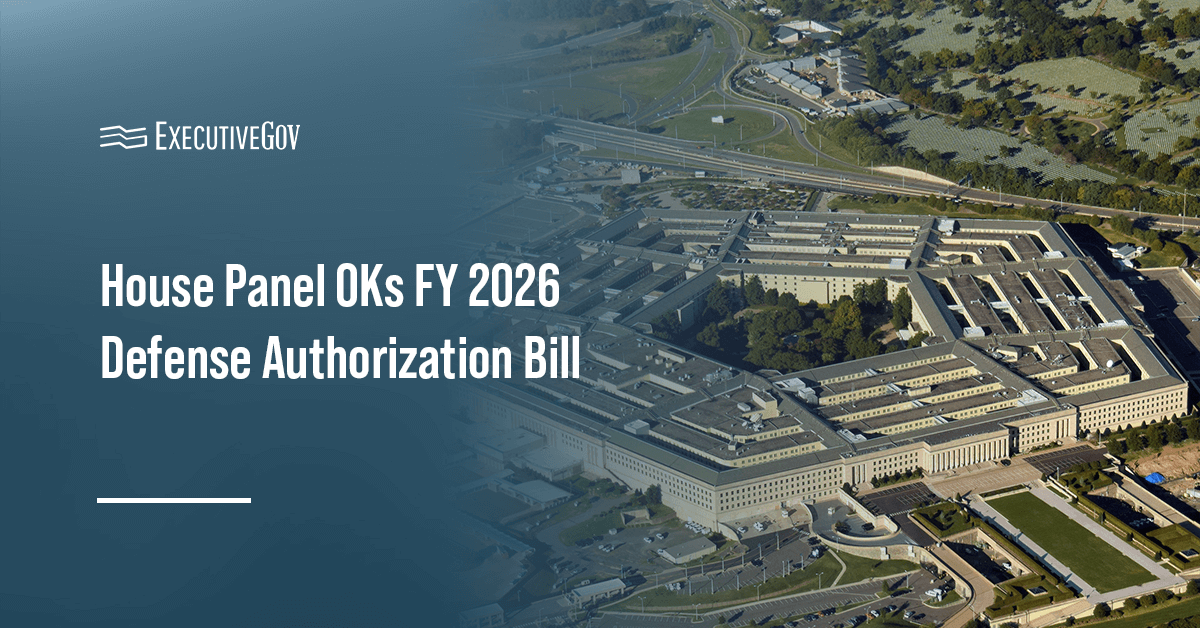The House Armed Services Committee on Tuesday passed its version of the fiscal year 2026 National Defense Authorization Act in a 55-2 vote.
House Armed Services Committee Chairman Mike Rogers, R-Ala., welcomed the passage of the FY 2026 NDAA, which he said builds on the One Big, Beautiful Bill and seeks to revitalize the defense industrial base and strengthen U.S. readiness capabilities.

Hear experts discuss the Pentagon’s air and space spending priorities, tech advancements, trends and more at the 2025 Air and Space Summit on July 31! Register now for this Potomac Officers Club-hosted event!
Table of Contents
House NDAA Advances Defense Acquisition Reforms
“The FY26 NDAA supports modernization and fundamentally reforms defense acquisition by cutting red tape, eliminating bureaucratic hurdles and encouraging innovation. It refocuses acquisition on its most important mission: getting our warfighters what they need, when they need it,” Rogers said in a statement Tuesday.
Military Times reported that the House panel’s defense policy bill includes proposed changes to the defense acquisition process, including the Streamlining Procurement for Effective Execution and Delivery, or SPEED, Act, that Rogers introduced.
According to the report, the SPEED Act would form a new directorate to serve as a decision authority on procurement issues and accelerate development and production timelines.
The latest move came days after the Senate Armed Services Committee approved its version of the defense authorization bill, which includes provisions from the FORGED Act and proposed acquisition reforms.
House NDAA Requires Database of Vendors Backing Clandestine Ops
Defense One reported that the House NDAA would require the DOD to develop and maintain a database of all contractors involved in clandestine military operations.
According to the report, the proposed requirement seeks to strengthen oversight and reduce counterintelligence risks across the U.S. defense community.





